News
-
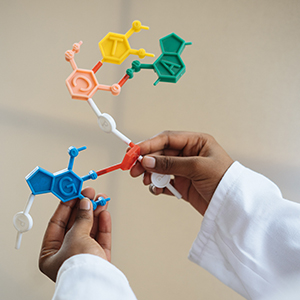
Determination of polycyclic aromatic hydrocarbons in water by liquid chromatography
Frist, What are PAHs? Polycyclic aromatic hydrocarbons, abbreviated as PAHs or PNA, are a class of hydrocarbon compounds that are carcinogenic, teratogenic, mutagenic and biodegradable, and cumulative. They are mainly produced in the incomplete combustion of organic materials such as coal, wood...Read more -
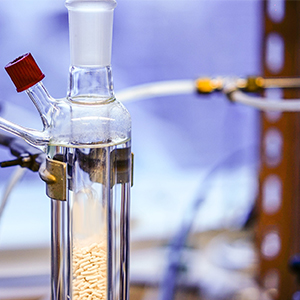
Why is the HPLC column shorter than the GC column?
HPLC and GC are separation techniques that have gained a firm foothold in the chemical laboratory. The basic purpose of these two techniques is to separate and quantify the components of organic mixtures. Have you ever wondered why HPLC columns are shorter and wider than GC columns? Before you ...Read more -

Where do roses get their charm? Let chemistry tell you
The color of roses First of all, where does the colorful color of the rose come from? It depends on specific pigment molecules in the rose petals, of which there are two main types: carotenoids and anthocyanins. Of these, carotenoids provide roses with their yellow and orange hues. ...Read more -
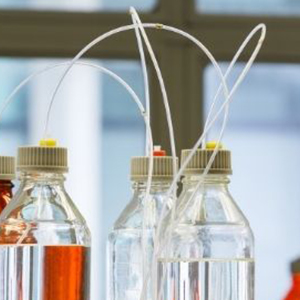
Filters and Filtration in Liquid Chromatography (HPLC)
Delivering samples to the liquid phase analytical column with a “clean” mobile phase is important for a robust method and high-quality results. Filters are associated with the proper and reliable operation of high-performance liquid chromatography (HPLC) instruments. Filters and fil...Read more -
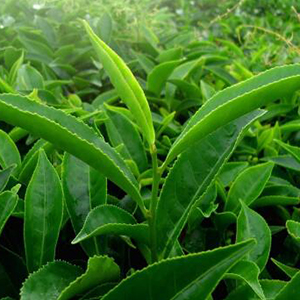
Purification of polyphenols in green tea by HPLC analysis
Green tea is considered one of the world’s healthiest beverages. Green tea has been used as a folk remedy for various ailments. Although it has been highly controversial, it continues to be promoted as a supplement and alternative medicine. Rather than dispel these long-standing assumptions...Read more -
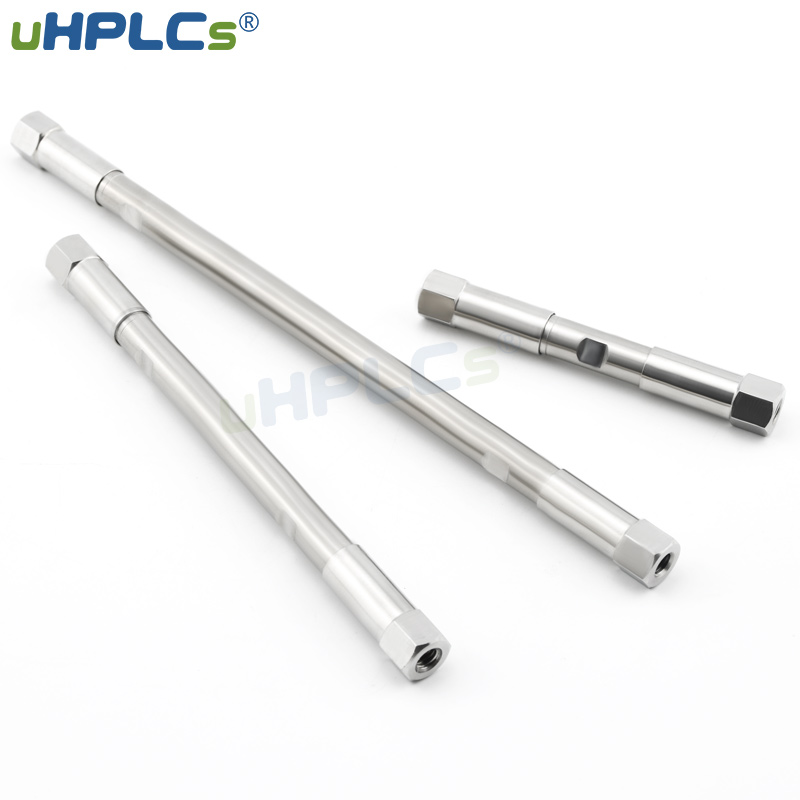
Role of liquid phase protection column
Any HPLC or UHPLC column has a trial life. Proper use and maintenance of the column will extend its life and contribute to the economics of the method. It is essential to follow accepted chromatographic practices such as proper sample preparation (samples should be filtered through 0.45µm membran...Read more -
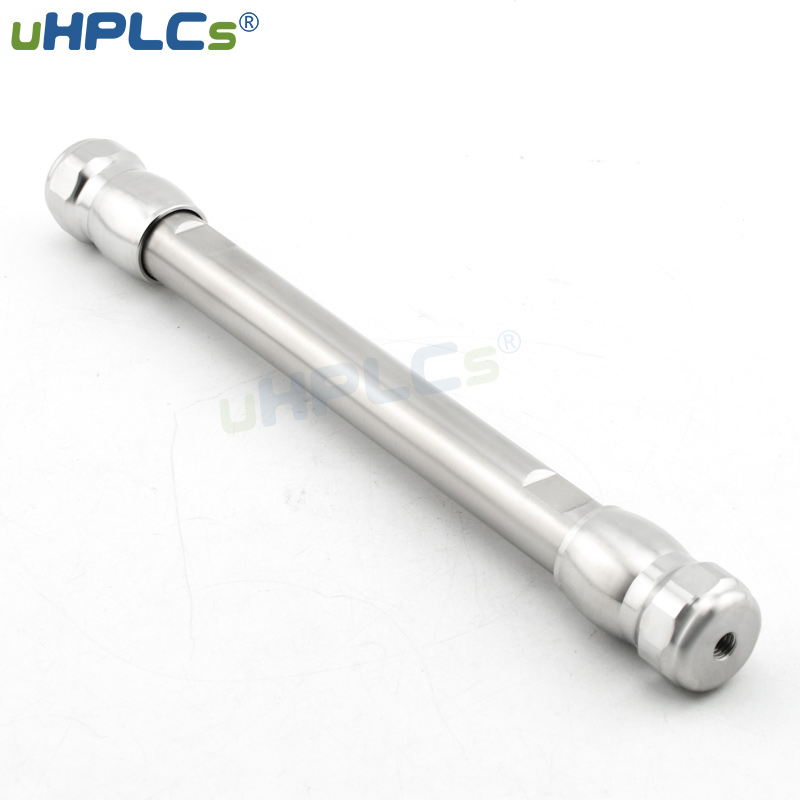
Liquid chromatography workflow
Regardless of the interactions being utilized, liquid-phase column chromatography proceeds in six steps. Column equilibration Sample loading Washing Elution Washing Chromatography column regeneration I. Column Equilibration Most liquid chromatography protocols begin with a resin equilibrat...Read more -
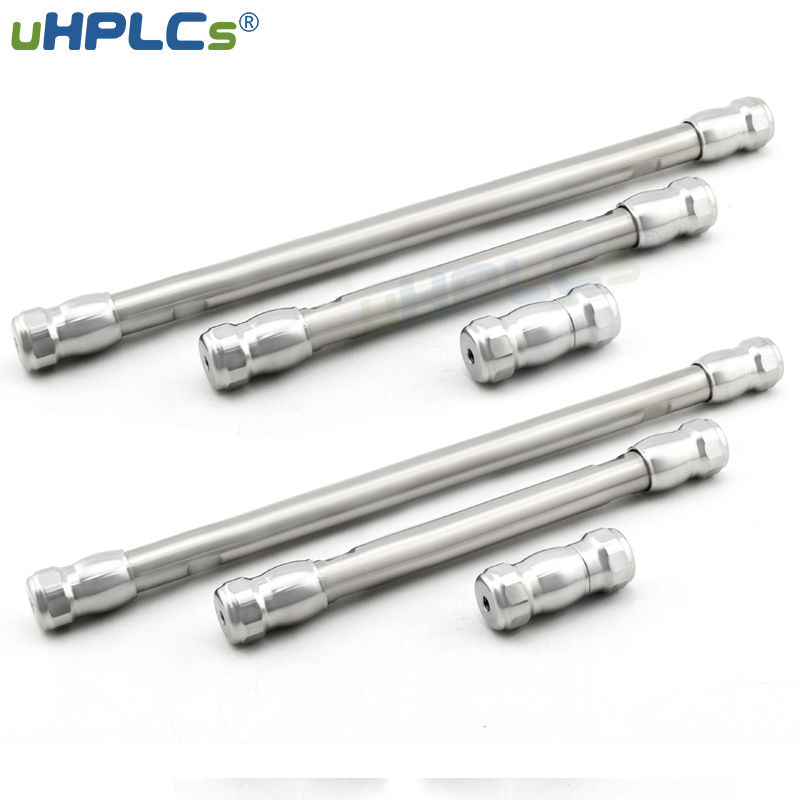
Time to re-equilibrate the column after gradient elution
Many users question how long an LC column should be re-equilibrated after a solvent gradient elution separation. Here we show satisfactory results for short re-equilibration cycles for reversed-phase and HILIC separations. The question of how long to re-equilibrate an LC column after a sol...Read more -

Extraction and purification of xylitol by high-performance liquid chromatography
High-performance liquid chromatography (HPLC) is a reliable technique for extracting and purifying the sweetener xylitol. Xylitol is widely used as an alternative sweetener in the food industry; it has a similar sweetness to sucrose, with only two-thirds of the calories. This five-carbon sugar is...Read more -
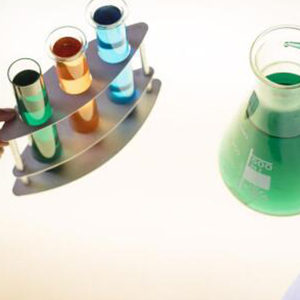
Importance of filtering mobile phase by HPLC solvent inlet filter
A buffer solution is an aqueous solution containing a weak acid and its conjugate base (or a weak base and its conjugate acid). When small amounts of strong acids or bases are added, the pH of the buffer solution changes very little, helping to offset changes in conditions in the analytical metho...Read more -
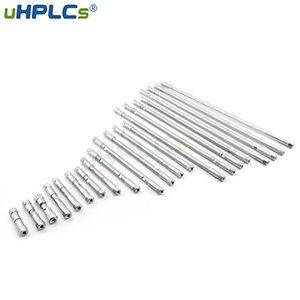
Maintaining liquid chromatography column temperature contributes to accuracy and stability
Temperature changes can significantly impact the reproducibility of liquid chromatographic analysis methods and the column’s life. But why is this? uHPLCs will introduce you to the following content. I. Reproducibility As the temperature changes, the thermodynamics between the statio...Read more -
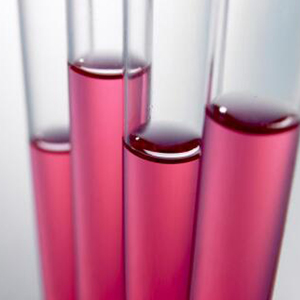
High-performance liquid chromatography instrument composition
An HPLC chromatography instrument can be a group of individual modules or components, but it can also be designed as a single unit. The module concept is more flexible in the event of individual component failure; the individual system parts do not have to come from the same manufacturer. You wil...Read more -
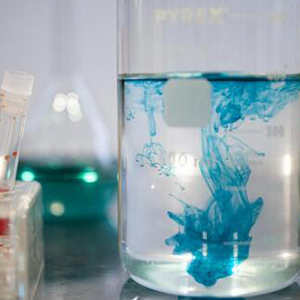
An in-depth look at the miniaturization of liquid chromatography column sizes
While mass spectrometry coupled with liquid chromatography has proven to be a powerful tool in the field of discovery histology (proteomics, lipidomics, metabolomics, food histology, and glycomics), histological studies are often challenged by the complexity of the samples. Identifying and quanti...Read more -
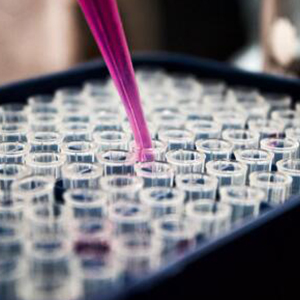
HPLC Basics – All about the basics of hplc liquid chromatography
Hplc chromatography as the most commonly used chromatography is widely used in biology, chemistry, food analysis and other fields, what are the types of hplc? uHPLCs take you to understand! Ⅰ. Types of liquid chromatography 1. Sorption chromatography Silica gel or alumina is used as statio...Read more -

C18 stationary phase is the most common reason in phase reversal and its working principle
It would be more appropriate to fix C18 as one of the most used chemicals. In the column suppliers, this stage of the growing variety is certainly not small. However, before we delve into the topic at hand, here is a brief review of how the C18 stationary phase was created. Reverse phase chromat...Read more -
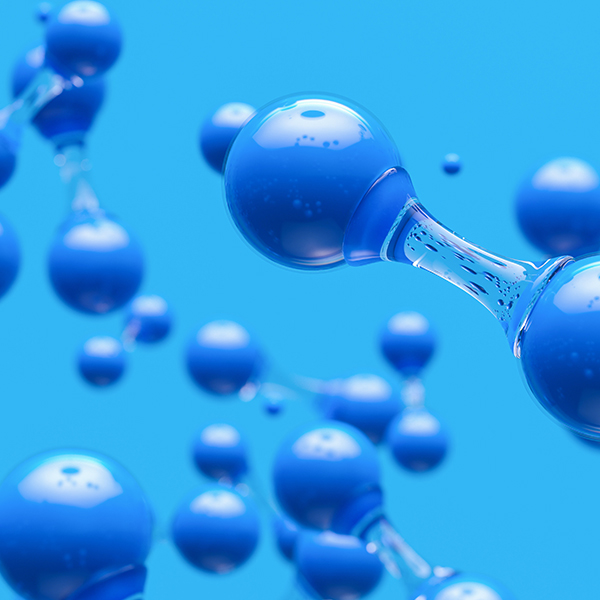
Introduction of high performance liquid chromatography and its components
High performance liquid chromatography (HPLC) is a popular and versatile technique that provides an affordable solution for the separation, identification and quantification of components in complex organic samples. It is important to understand the components and how each contributes to the over...Read more -
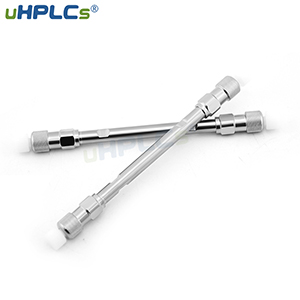
Column chromatography in chromatographic analysis
Column chromatography has been described as a useful technique in which substances to be separated are placed on the highest point of a column containing an adsorbent (stationary phase) and pass through the column at different rates, depending on the affinity of each substance for the adsorbent. ...Read more -
Principle of use of HPLC guard column
The HPLC column is an important component of liquid chromatography because it is the column responsible for the separation of analytes from the matrix. Protecting and maintaining the column ensures not only reliable results but also trouble-free operation. We all know that HPLC columns have a lim...Read more -

Workflow and techniques for using preparative liquid chromatography
This paper focuses on rapid liquid chromatography and high performance liquid chromatography. There is no perfect protocol for every separation purpose. Therefore, it is recommended to optimize the approach for your particular application. With the recommendations listed in this article and some ...Read more -
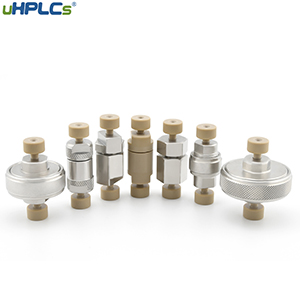
Buffer preparation techniques for HPLC liquid chromatography systems
Liquid chromatography is a popular purification technique used in laboratories around the world. If the system is set up and operated correctly, it can immediately separate the desired compounds from the mixture. Learning how to use and prepare buffers and solvents is an important skill to improv...Read more





